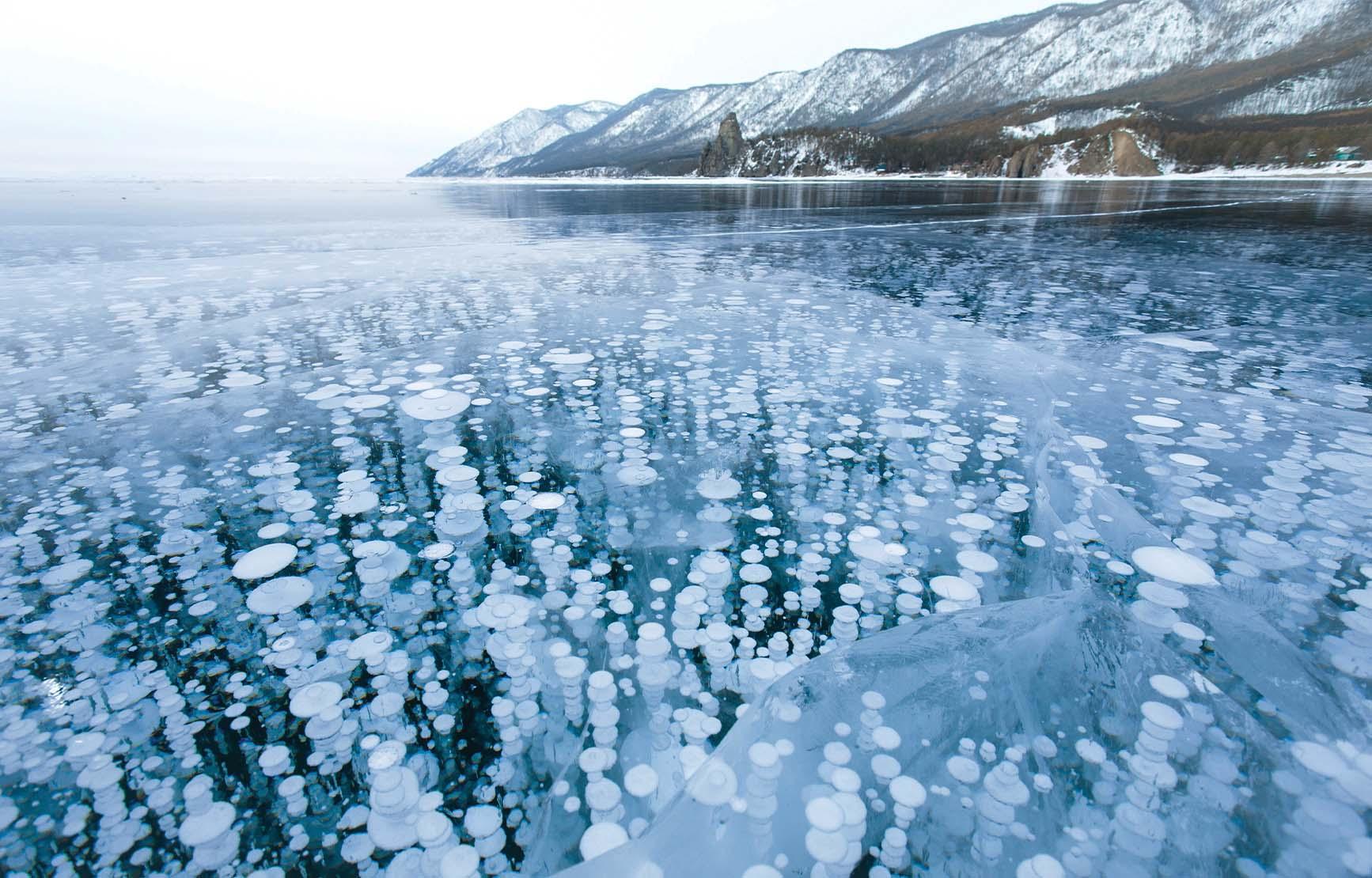The AMC seminar is devoted to general topics in applied mathematics and computation. We welcome an interdisciplinary audience and speakers: faculty, researchers, and graduate students from mathematics, geosciences, computer science, engineering, atmospheric sciences, and other disciplines, to attend and present research talks in their fields as well as reaching across multiple fields. Both technical, tutorial, and expository presentations are welcome.
Attendees are encouraged to join the mailing list by sending an email to the organizer (M. Peszynska).
Students attending regularly are encouraged to sign up for (an appropriate section of) seminar credit under MTH 607. Non-OSU participants from outside academe are also encouraged to write an email to the organizers and provide their names and affiliation.
See below for upcoming seminars or access the seminar archive.
Organizers
Malgorzata Peszynska and Ralph E. Showalter.
Timing
Meetings are Fridays at noon.
